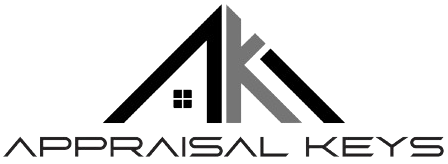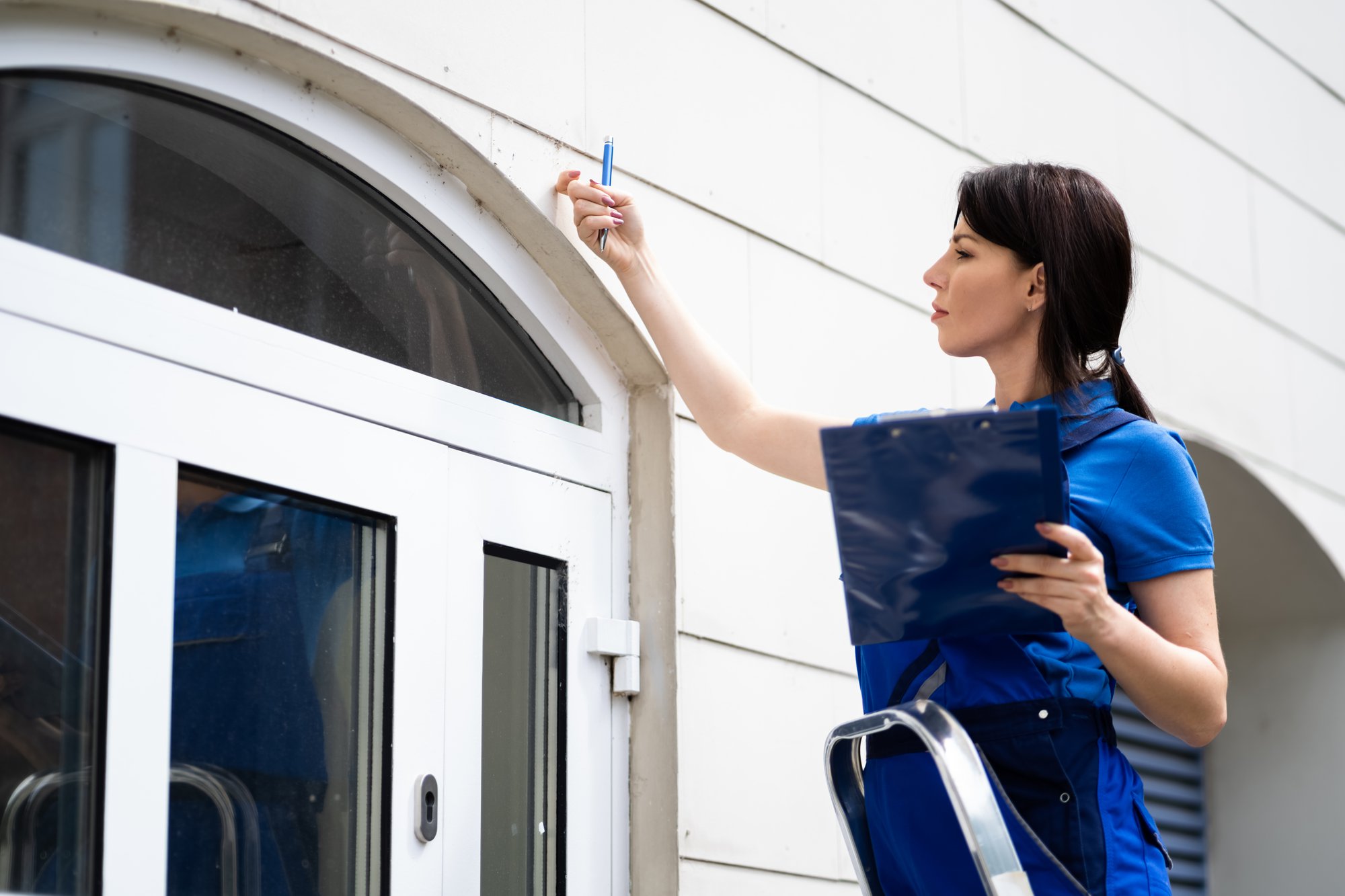Concerns about bias in home appraisals have gained attention, leading some homeowners to question the accuracy of valuations. However, most home appraisers follow strict guidelines and regulations to ensure impartiality. Let's explore what home appraiser bias means and why certified professionals work diligently to prevent it.
Understanding the Concept of Home Appraiser Bias
Home appraiser bias occurs when an appraiser’s judgment is influenced by external factors that result in an inaccurate property valuation. This could stem from preconceived notions about a neighborhood or the personal characteristics of homeowners. However, licensed appraisers have the training to maintain objectivity and evaluate properties based solely on facts and evidence. This approach reduces the risk of bias in home valuations.

Regulations like the Uniform Standards of Professional Appraisal Practice (USPAP) enforce ethical conduct among appraisers. USPAP requires appraisers to be independent, impartial, and objective in their work. They must avoid any situation that may influence their valuation, including personal or financial connections to a property. These rules create a framework that helps eliminate bias and promote fair property assessments.
Additionally, a home appraiser uses comparable properties to substantiate their evaluations. This method ensures that the value assigned to a home is based on similar properties within the area. Using a comparable market analysis minimizes the influence of personal opinion and reinforces the objectivity of the appraisal process.
Why Appraiser Bias is Rare Among Certified Professionals
Certified appraisers undergo rigorous training and are subject to continuous education requirements. They must pass examinations and maintain licensing through ongoing coursework, which reinforces professional standards. This high level of scrutiny makes appraiser bias extremely rare among licensed professionals.
Appraisers also face legal consequences if found guilty of unethical practices. This adds another layer of accountability, ensuring that appraisers conduct their assessments fairly and without prejudice. Inaccurate or biased appraisals can result in license revocation, fines, and damage to the appraiser’s reputation. With so much at stake, most appraisers strive to maintain impartiality in their work.
Moreover, appraisers must disclose any potential conflicts of interest before accepting an assignment. This requirement ensures transparency and provides clients with confidence in the appraisal process. If any conflict exists, the appraiser must recuse themselves from the job to maintain the integrity of the valuation.
Addressing Common Myths Around Home Appraiser Bias
One common misconception is that appraisers adjust values based on a buyer's race, gender, or background. In reality, such actions would constitute a serious ethical violation and are grounds for legal action. Home appraisers value properties based on market conditions, structural features, and other objective criteria only. Influences from personal or social characteristics of the homeowner or buyer are not a factor.

Another myth is that real estate agents or lenders can sway a home appraiser. However, appraisers have ethical codes that prohibit them from considering outside opinions. Their role is to provide an unbiased value, regardless of external pressures. Attempting to influence home appraiser valuation is both unethical and illegal, further protecting the homeowner from biased assessments.
Lastly, some believe that appraisals use the preferences or biases of the home appraiser. This is also inaccurate. The evaluation process involves an extensive checklist of criteria that a property must meet. This ensures that personal opinion does not affect the final valuation. By adhering to standardized procedures, a home appraiser eliminates the potential for personal biases to influence the outcome.
The Role of Industry Standards in Eliminating Bias
Industry standards and guidelines play a vital role in preventing bias within the appraisal profession. As mentioned earlier, the USPAP sets strict rules for professional conduct. A home appraiser must also adhere to local, state, and federal regulations that govern the appraisal process. This multi-layered oversight ensures that appraisers perform their duties with the utmost professionalism.
Additionally, technological advancements have helped improve the accuracy and impartiality of appraisals. Appraisers now use data-driven models and software to assist in their valuations. These tools provide objective insights and reinforce the appraiser’s findings. By combining technology with professional expertise, appraisers can deliver more precise and unbiased valuations.
Appraisal organizations and boards also monitor appraisers to ensure compliance with ethical standards. These bodies conduct regular audits and can investigate complaints of bias or misconduct. This constant oversight helps maintain high trust and integrity within the appraisal industry. Even then, a home appraiser risks losing businesses to other appraisers in the event of bias, which is bad for business.
How Homeowners Can Ensure an Unbiased Appraisal
Homeowners can take several steps to ensure they receive an unbiased appraisal. First, choose a certified appraiser with a strong track record of professionalism and adherence to industry standards. Requesting a sample report or reviewing testimonials can offer insights into an appraiser’s work quality and ethical conduct.
Another important step is to provide complete and accurate information about the property. Make sure the appraiser has access to all necessary documents, including blueprints, renovation records, and property tax statements. The more information the appraiser has, the less likely they are to overlook crucial details that impact the home’s value.
Finally, homeowners should refrain from making suggestions about the property’s value. Let the appraiser conduct their assessment based on their findings. Avoiding undue influence helps ensure the appraisal remains objective and unbiased, resulting in a fair and accurate valuation.
Why Certified Home Appraisers Are the Best Choice
Certified home appraisers offer a level of expertise and impartiality that is hard to match. Their extensive training, strict adherence to industry guidelines, and use of standardized procedures make them the most reliable option for property evaluations. Choosing a certified professional means working with someone who values integrity and is committed to providing a fair, unbiased assessment.
While concerns about home appraiser bias may exist, these issues are rare when working with licensed professionals. Most certified appraisers operate with the highest level of ethics, making them a trusted resource for accurate valuations. They protect homeowners from financial loss and provide a comprehensive understanding of property values.
If you're considering a home appraisal and want a professional you can trust, contact Appraisal Keys today. Our certified appraisers deliver precise, unbiased valuations to help you make informed decisions about your property. Reach out to us for a reliable appraisal that meets your needs and exceeds your expectations.


